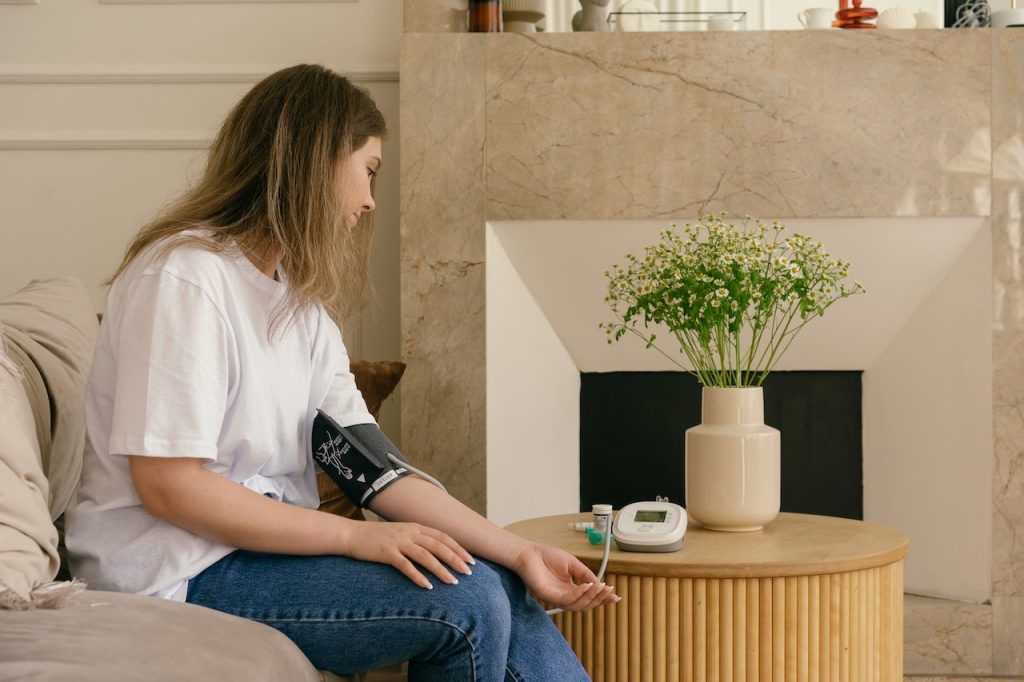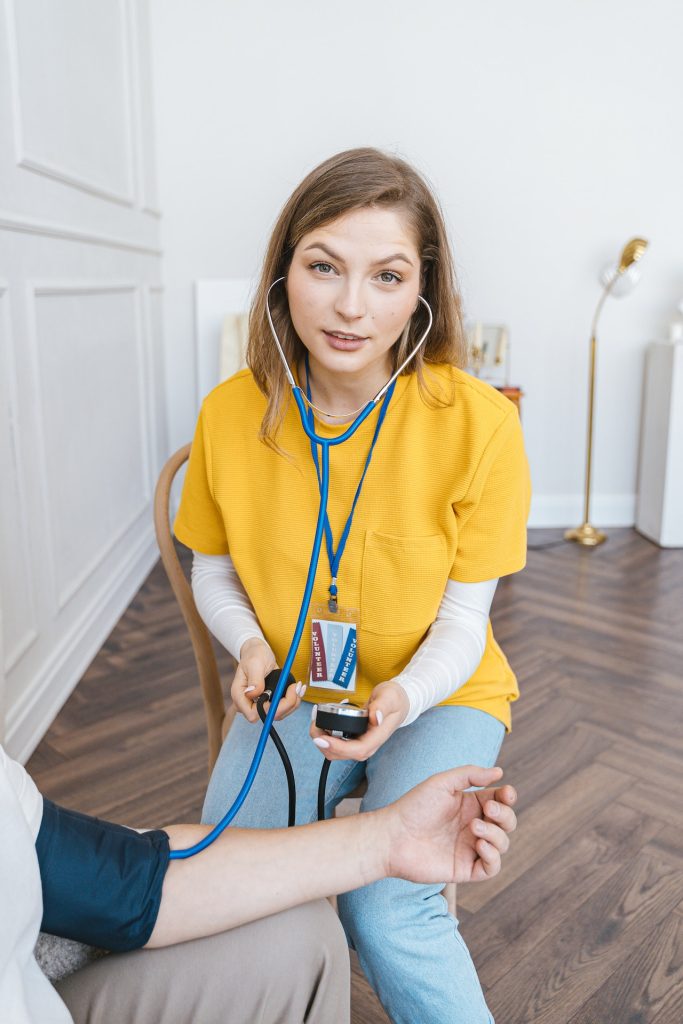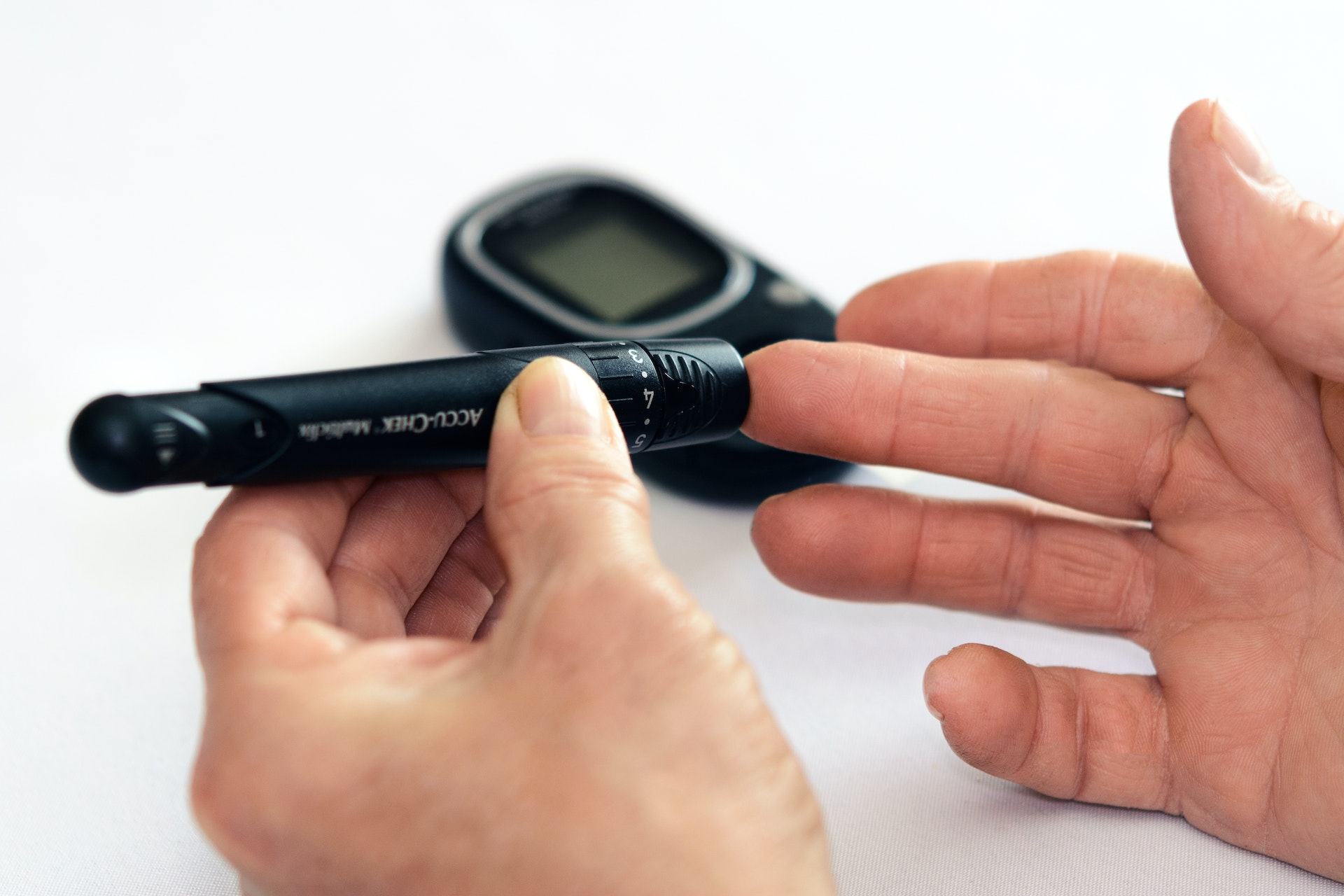High blood pressure, also known as hypertension, often has no symptoms, which is why it is often called the "silent killer." However, in some cases, people with high blood pressure may experience:
- Headaches: While headaches are not always a symptom of high blood pressure, they can occur in some people with severely elevated blood pressure.
- Dizziness or lightheadedness: High blood pressure can cause dizziness or lightheadedness, especially when standing up too quickly.
- Shortness of breath: Difficulty breathing or shortness of breath can be a symptom of high blood pressure, especially if the blood pressure is extremely high.
- Chest pain: Chest pain can be a sign of high blood pressure in some cases, especially if it is accompanied by other symptoms like shortness of breath or nausea.
- Fatigue or confusion: High blood pressure can cause fatigue, weakness, or confusion, especially if the blood pressure is dangerously high.
- Vision changes: High blood pressure can cause vision changes, such as blurred vision, double vision, or even vision loss.
- Nosebleeds: Although rare, nosebleeds can be a symptom of severely high blood pressure.
It is important to monitor your blood pressure regularly, as hypertension often has no symptoms. If you experience any of these symptoms, it is important to consult a healthcare provider to determine the underlying cause and receive appropriate treatment.

How do you feel when your blood pressure is high?
In most cases, high blood pressure (hypertension) doesn't cause noticeable symptoms. That's why it is often referred to as the "silent killer." However, some people with high blood pressure may experience symptoms such as:
- Headaches: Severe and persistent headaches can be a symptom of high blood pressure.
- Dizziness: Feeling lightheaded or dizzy is a common symptom of high blood pressure.
- Blurred vision: High blood pressure can cause blurred vision or other vision changes.
- Chest pain: Chest pain can be a sign of high blood pressure in some cases, especially if it is accompanied by other symptoms like shortness of breath or nausea.
- Shortness of breath: Difficulty breathing or shortness of breath can be a symptom of high blood pressure, especially if the blood pressure is extremely high.
- Nausea or vomiting: Feeling sick to your stomach or vomiting can be a symptom of high blood pressure.
- Fatigue: Feeling tired, weak, or fatigued is a common symptom of high blood pressure.
It is important to monitor your blood pressure regularly, especially if you have risk factors for high blood pressure. If you experience any of these symptoms, it is important to consult a healthcare provider to determine the underlying cause and receive appropriate treatment.
How Can I Lower my Blood Pressure Quickly?

It is not recommended to try to lower your blood pressure quickly on your own without consulting a healthcare professional, especially if you have been diagnosed with high blood pressure (hypertension). Rapidly lowering your blood pressure can be dangerous and may cause complications.
However, here are some lifestyle changes that can help to lower blood pressure over time:
- Exercise regularly: Physical activity can help lower blood pressure by improving blood flow and reducing stress. Aim for at least 30 minutes of moderate-intensity exercise most days of the week.
- Reduce sodium intake: High sodium intake can raise blood pressure, so try to limit your intake of processed and packaged foods, which often contain high amounts of sodium. Instead, choose fresh, whole foods and season with herbs and spices rather than salt.
- Eat a healthy diet: A diet rich in fruits, vegetables, whole grains, lean protein, and low-fat dairy products can help to lower blood pressure. The DASH (Dietary Approaches to Stop Hypertension) diet is a good example of a healthy eating plan for people with high blood pressure.
- Limit alcohol intake: Drinking too much alcohol can raise blood pressure, so it's important to limit your intake. Men should have no more than two drinks per day, and women should have no more than one drink per day.
- Manage stress: Chronic stress can raise blood pressure, so try to find ways to manage stress, such as meditation, yoga, deep breathing exercises, or counseling.
- Quit smoking: Smoking can damage blood vessels and raise blood pressure, so quitting smoking is an important step in lowering blood pressure.
If you have high blood pressure, it's important to work with your healthcare provider to develop a treatment plan that's right for you. Your healthcare provider may recommend medications, lifestyle changes, or a combination of both to help lower your blood pressure. Buy Best Arm Blood Pressure Monitor
Omron HEM 7120 Fully Automatic Digital Blood Pressure Monitor With Intellisense Technology For Most Accurate Measurement - Arm Circumference (22-32Cm)

Top Social Media Groups Every Professionals And Marketer Should Join Check Now
